2020 Hackaday Prize Overview
Main Website :: Official Rules :: FAQ
Challenges :: Dream Team Grants :: Mentor Sessions
Let's get innovative hardware into the hands of those who need it most.





This year, we are partnering with leading nonprofits to tackle some of the world’s toughest problems across conservation, disaster relief, renewable resources, and assistive devices. The Hackaday Prize connects you to engineers, expert mentors, and other powerful resources to develop dynamic solutions for those who need it most. We’ll be giving away over $200,000 in grand prizes, microgrants, and bootstrap funds. We've partnered with four nonprofits: CalEarth, Field Ready, Conservation X Labs, and The United Cerebral Palsy of Los Angeles (UCPLA), to develop challenges for the open source hardware community.
Schedule:
Launch 5/19/2020
Dream Team Applications Close 6/2/2020
Dream Team Selections Announced 6/5/2020
Community Vote (Bootstrap) ends 7/6/2020
Final Submissions 8/31/2020
Finalists Announced 9/7/2020
Finalists Close 10/5/2020
Winners Announced on or around 11/6/2020
Challenges
The Hackaday Prize is in its 7th Year: Our History
In 2014, we launched The Hackaday Prize to our smart, talented, enthusiastic community of engineers, scientists, designers and creatives everywhere. Over 600 projects were created, and the winner, SatNOGS, now has a foundation where they are continuing the work they started here.
In 2015, we challenged the Hackaday community to use their superpowers again. The results told the story of nearly 900 Hackaday Prize entrants using their unique skills to make big changes in peoples' lives. 2015's Hackaday Prize winner, the Eyedrivomatic, directly impacted those living with limited mobility.
In 2016, we had nearly 1,100 entries, and the Hackaday Prize winner was Dtto, a search and rescue robot. It's also an open source project that continues its journey at the Supplyframe Design Lab.
In 2017, the winner of the Hackaday Prize was Alex Williams, with an underwater explorer robot. Alex continued the work on his project at the Supplyframe Design Lab.
In 2018, the winner was Dexter, a 5-axis robotically controlled arm with insane precision. Dexter is now a product and a fledgling business located in Las Vegas, NV.
Last year, in 2019, FieldKit won the grand prize, and has continued to push the boundaries of open source environmental sensing with their organization Conservify.
It is now time to start the 2020 Hackaday Prize. In keeping with the incredible hardware community, we hope to catalyze the next generation of socially innovative open source hardware.
Thank you to our Sponsors:





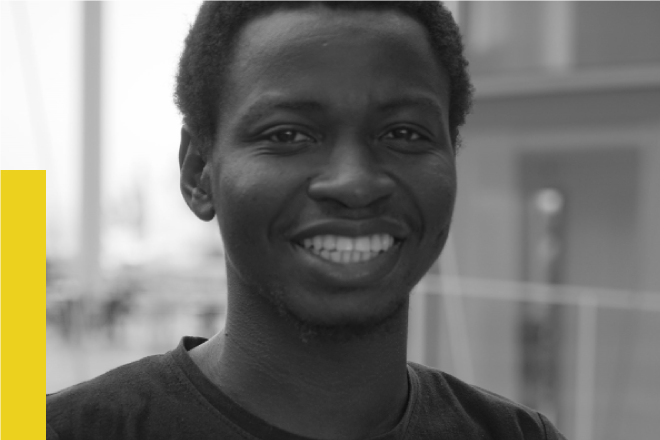
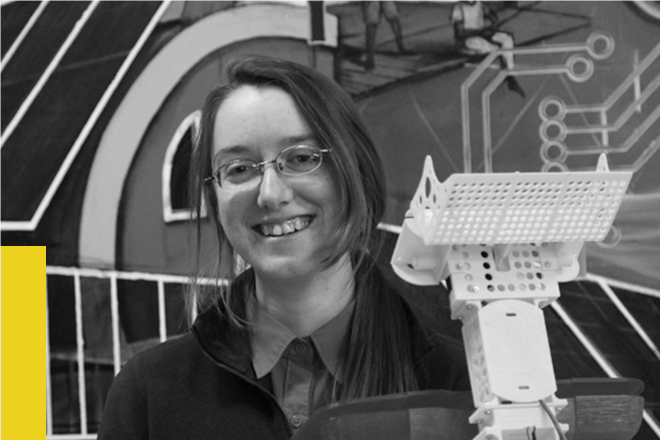
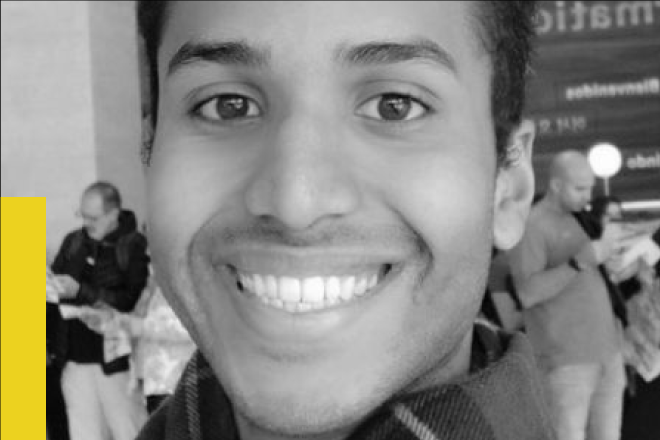

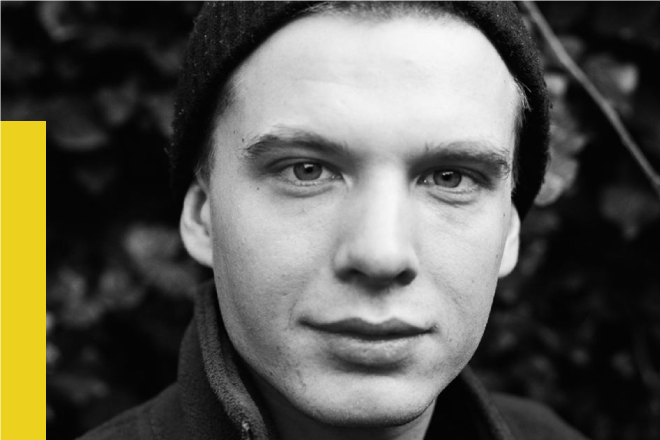
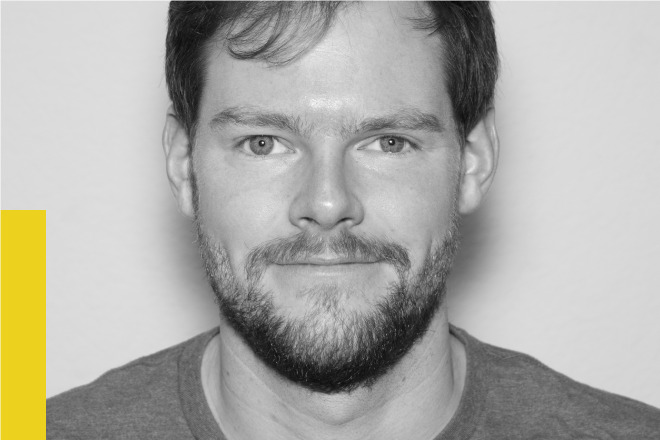
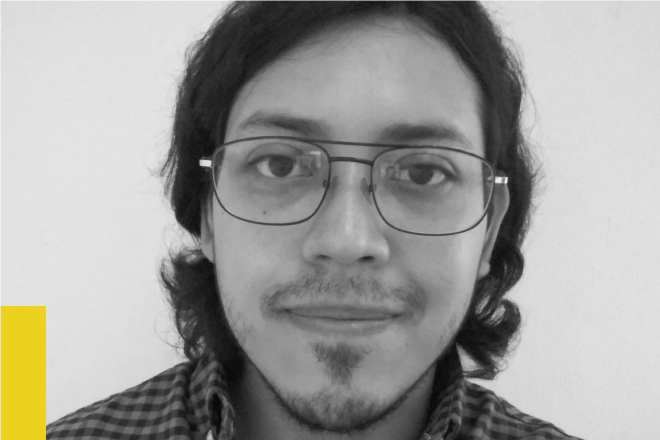
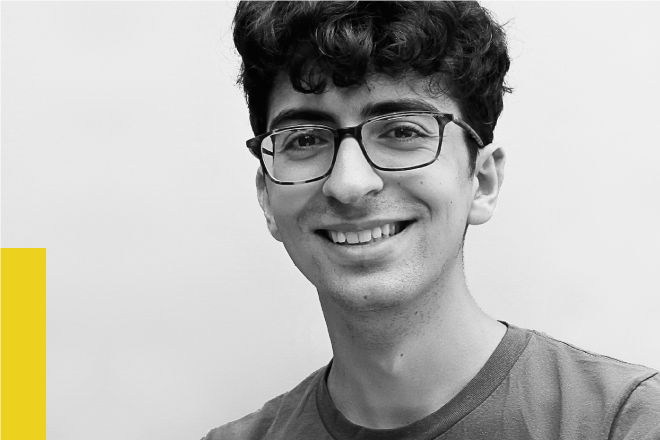


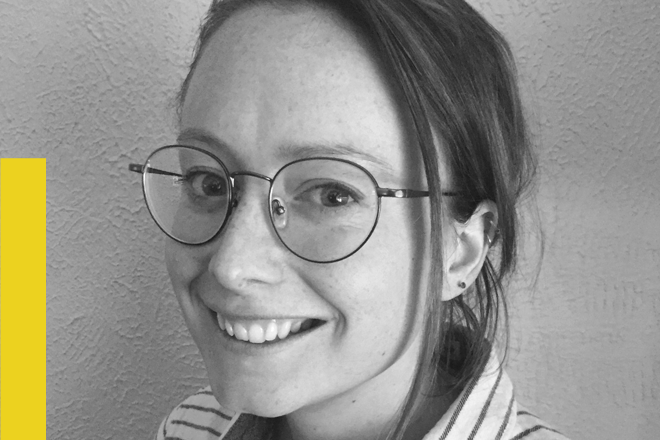

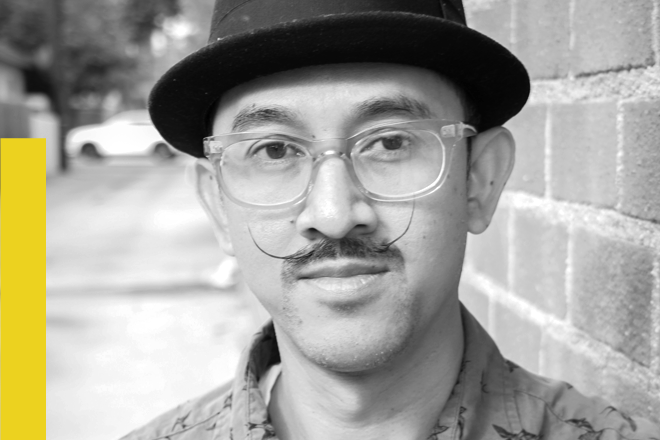

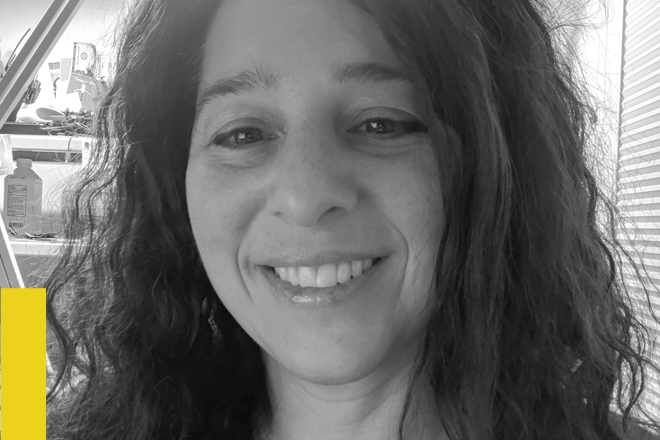
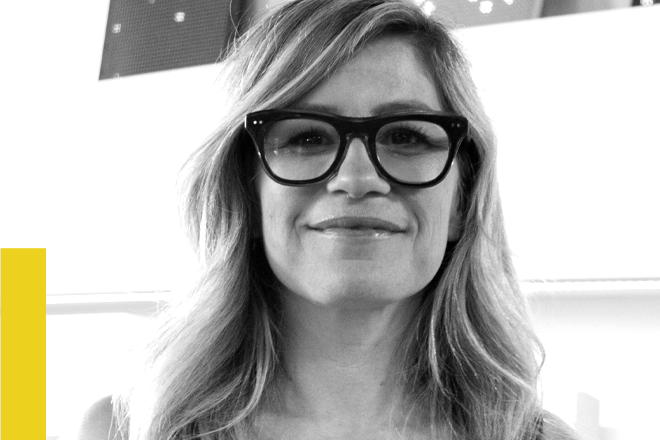
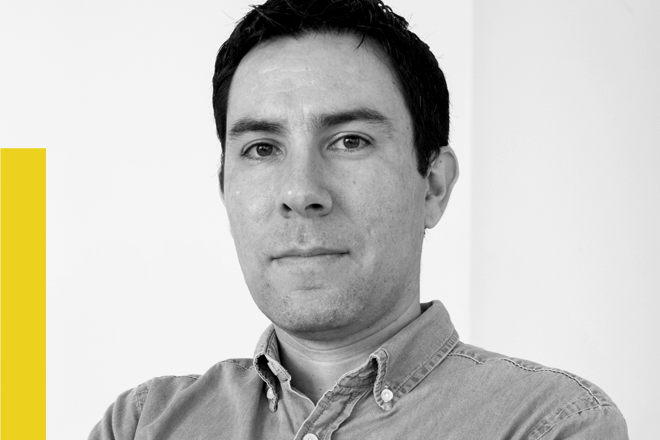


 altanai
altanai Bram Peirs @ FW2W
Bram Peirs @ FW2W Subhajit
Subhajit
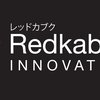


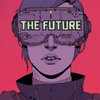


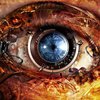
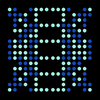


I'm being given the option to submit an entry for this even after the finalists have ben announced? Am I just being a doofus or are the entries indeed closed